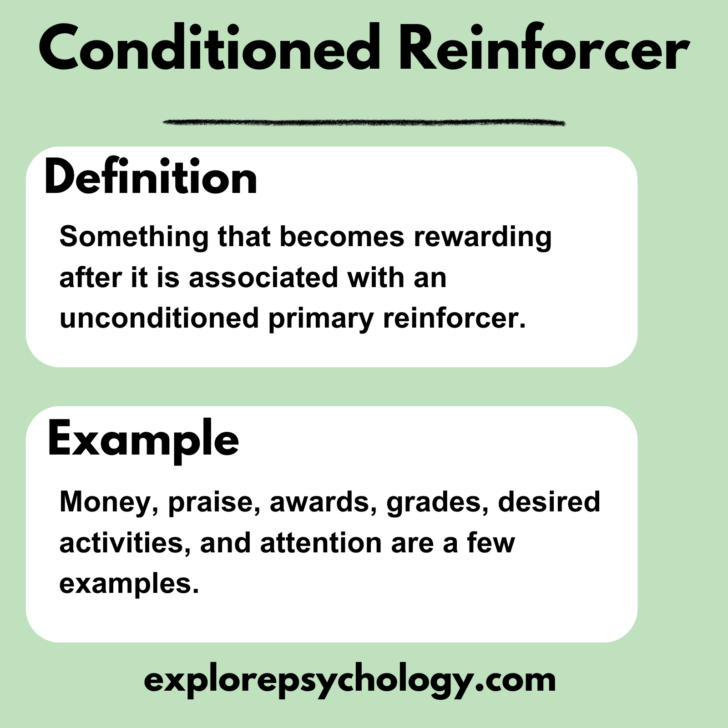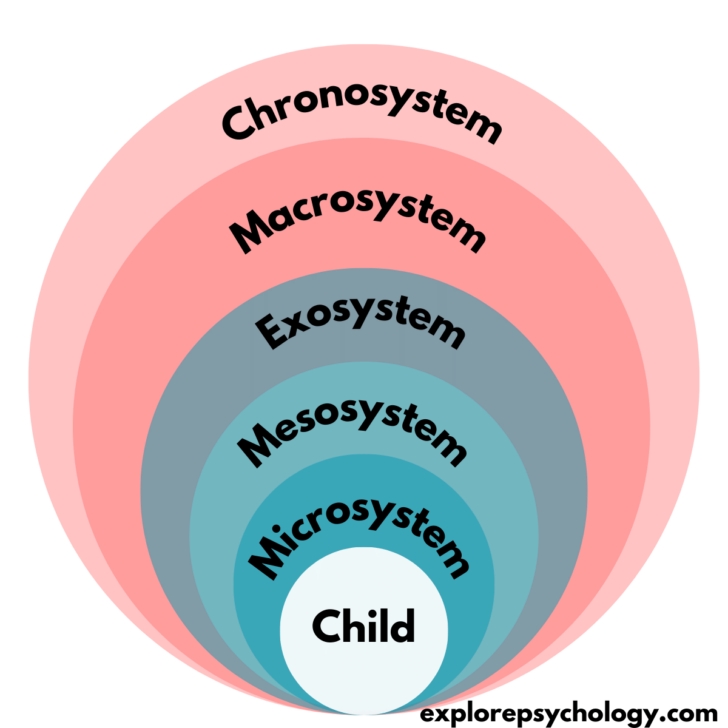know your mind. ace the exam.
Comprehensive Psychology Study Guides and Resources
Unlock your learning with our growing collection of easy-to-digest psychology study guides, self-improvement tips, and quizzes to test your knowledge. Discover why millions of readers turn to us for knowledge and inspiration.
TAKE A QUIZ
FEATURED
LATEST STORIES
PSYCHOLOGY
-

What Is Respondent Conditioning?
-

Autonomy vs. Shame and Doubt Examples and Definition
-

What It Means to Be a Deep Thinker, According to Psychology
-

Definition of Fluid Intelligence
-

Examples of Confirmation Bias (and How to Overcome It)
-

What Is Crystallized Intelligence? Definition and Examples
-

Overt Behavior: Definition and Examples in Psychology
-

Examples of Conditioned Reinforcers
-

Ecological Theory: Bronfenbrenner’s Five Systems
MENTAL HEALTH
SUBJECTS TO EXPLORE
Affirmations Behavior Careers Cognition Development Dictionary Emotion History Humanism Journaling Prompts Leadership Learning Memory Mental Health Motivation Personality Psychologists Psychology Psychology Education Psychology Quotes Quizzes Relationships Research Methods Self-Improvement Social Psychology States of Consciousness Stress Management Study Guides The Basics Theories
SELF-IMPROVEMENT
-

Examples of Negative Attitude (and Signs You Might Have One)
-

What are Natural Talents? Plus, How to Identify Yours
-

How Past Experiences Shape Who You Are Today
-

List of Insecurities: Common Types of Self-Doubt We All Share
-

What Is Ego Depletion? Definition and Examples
-

180+ Great Hobbies for Introverts to Recharge and Relax

















